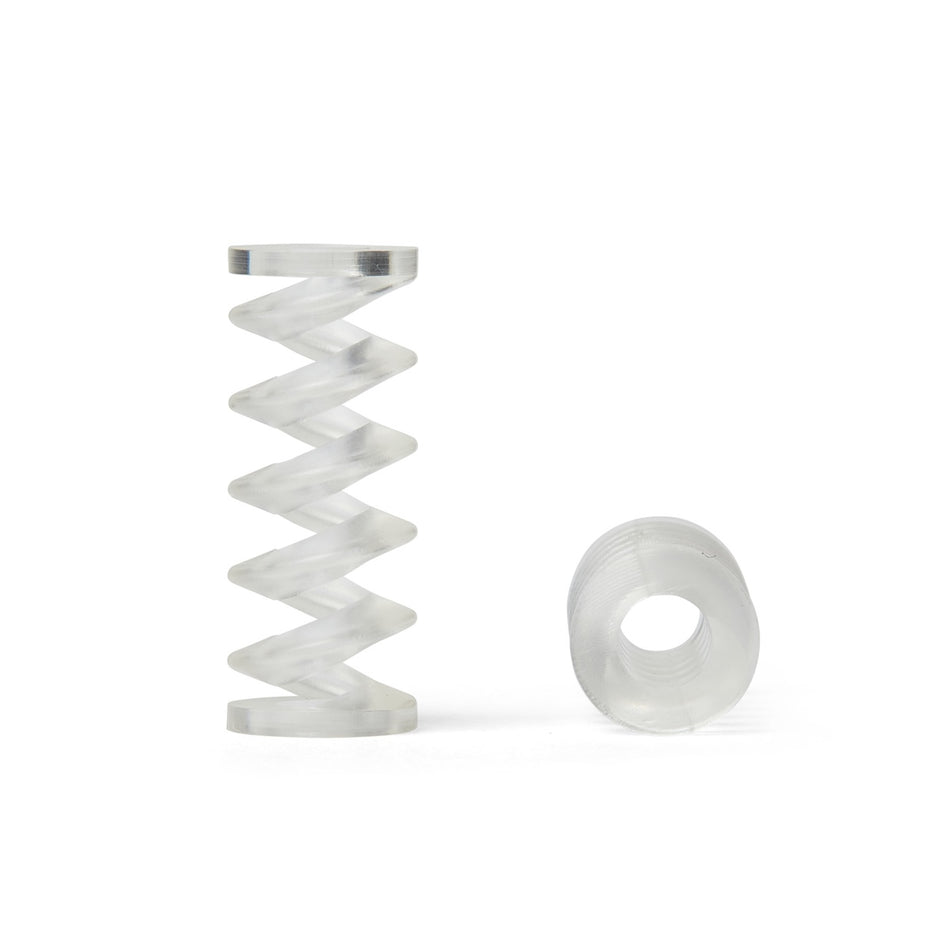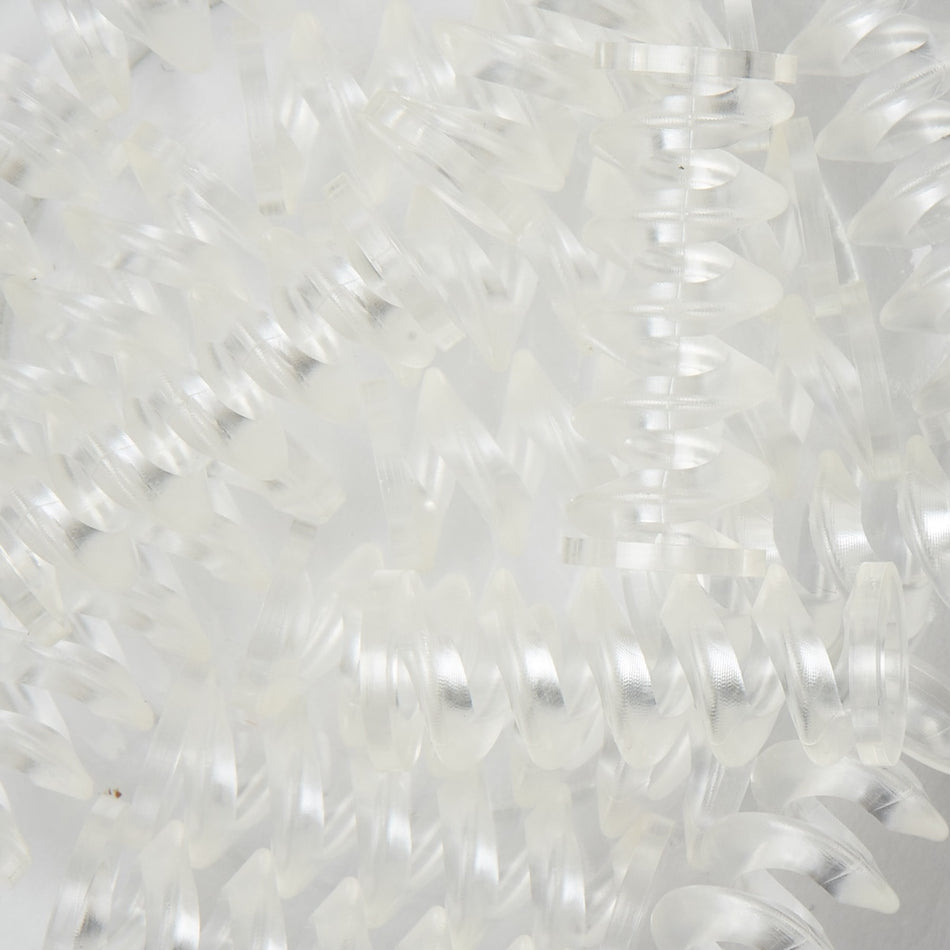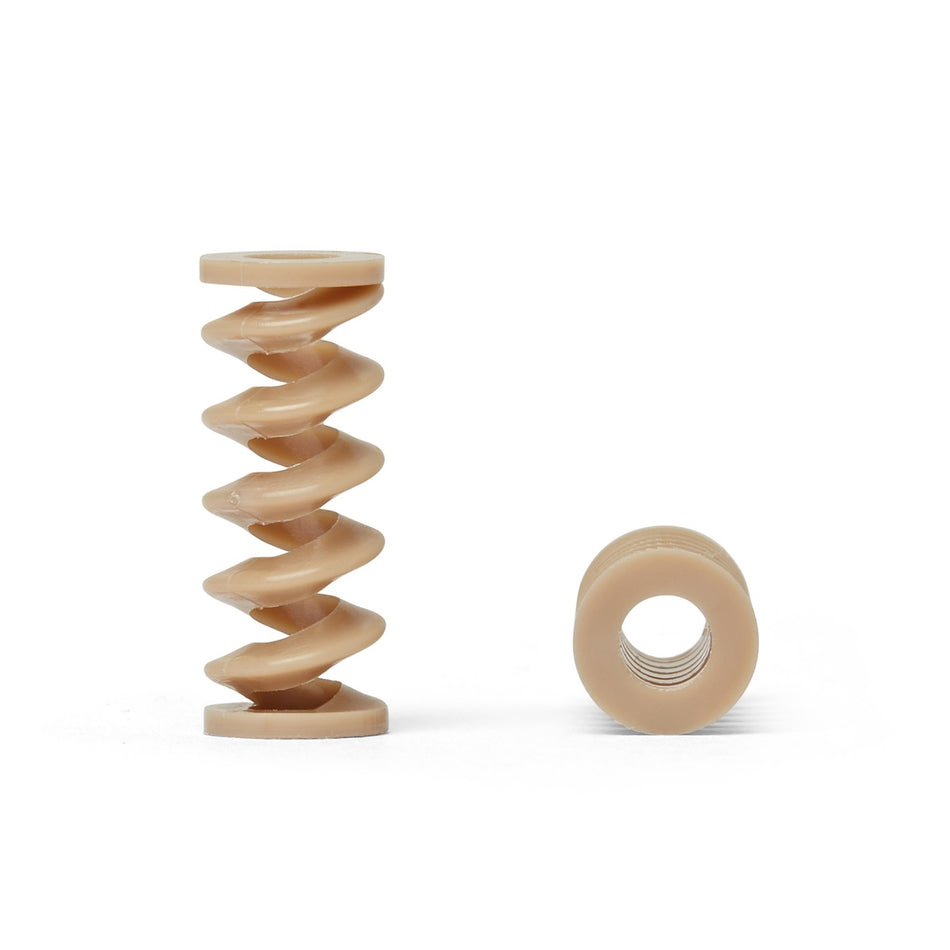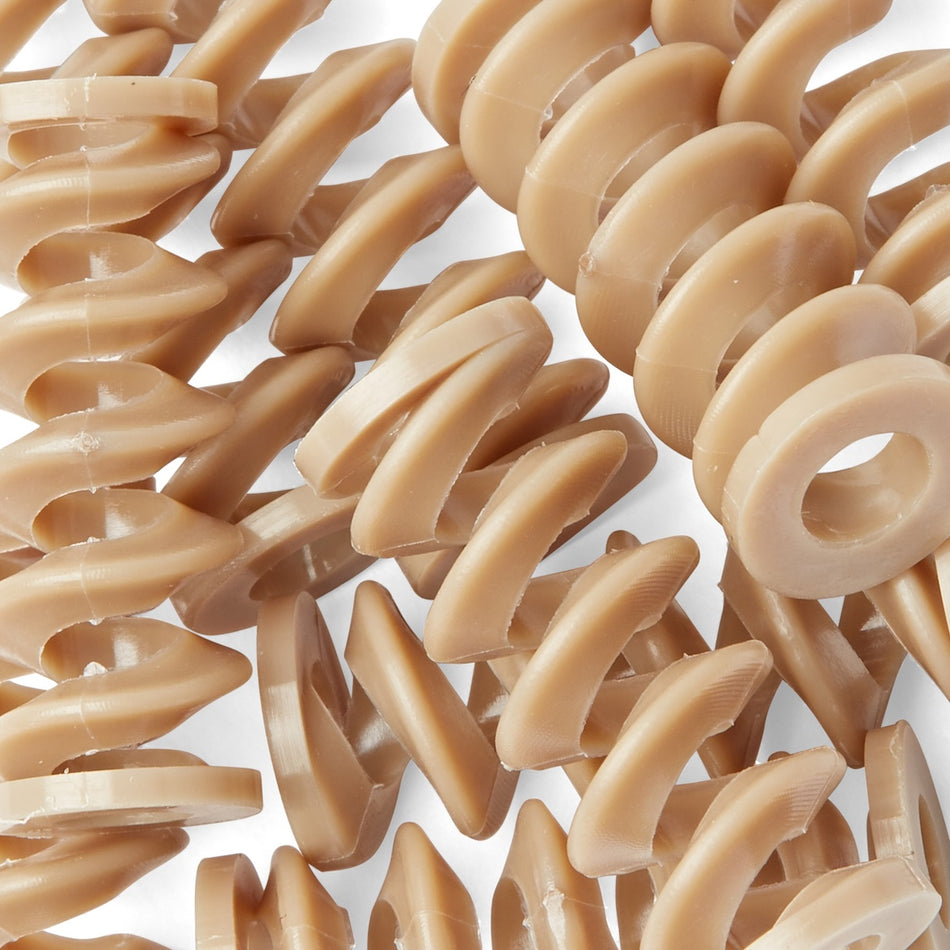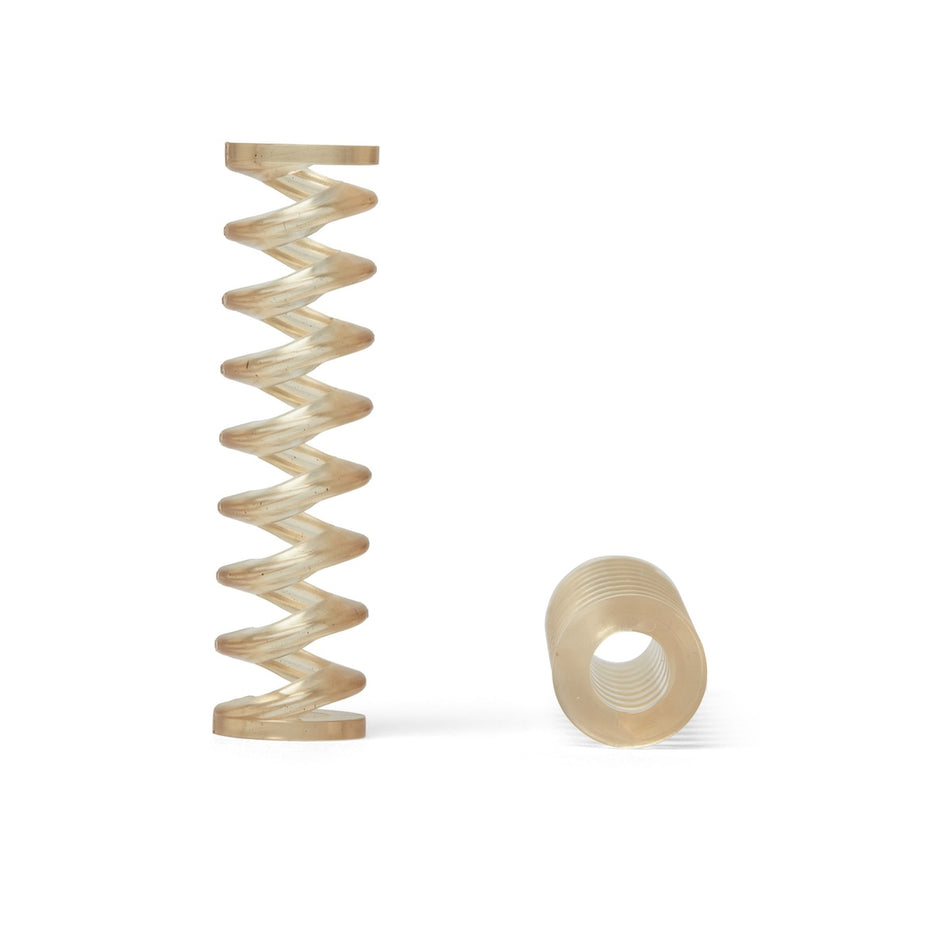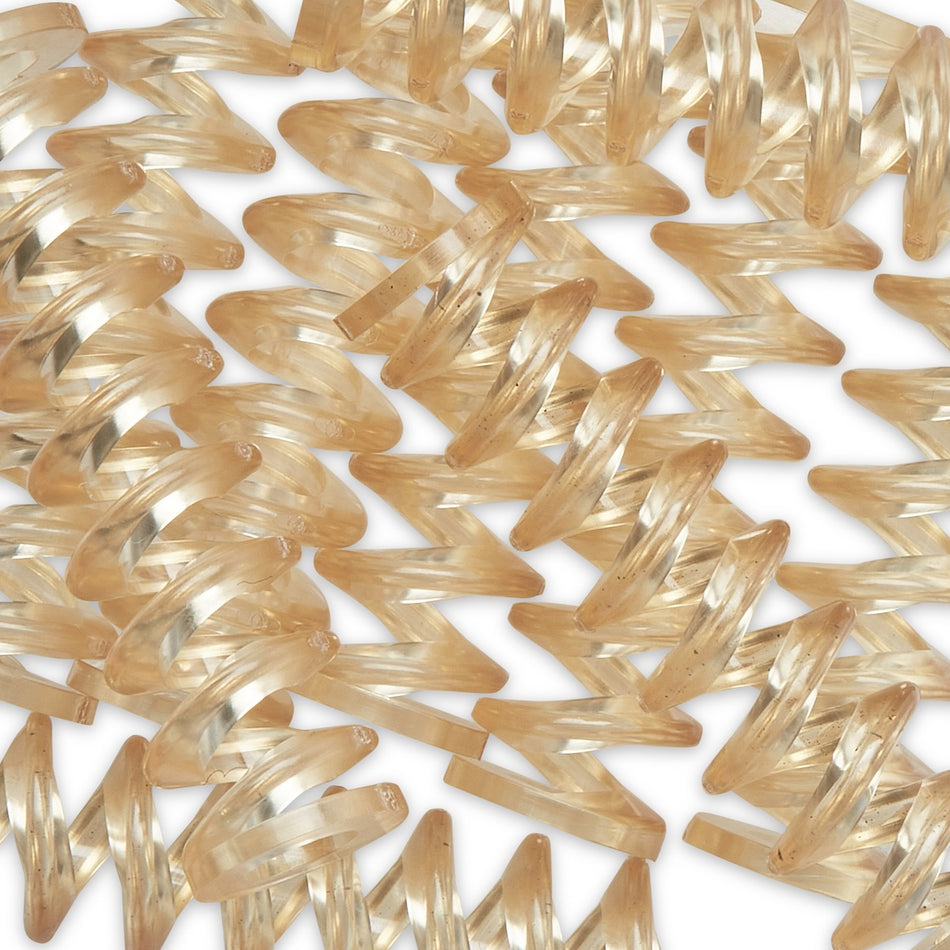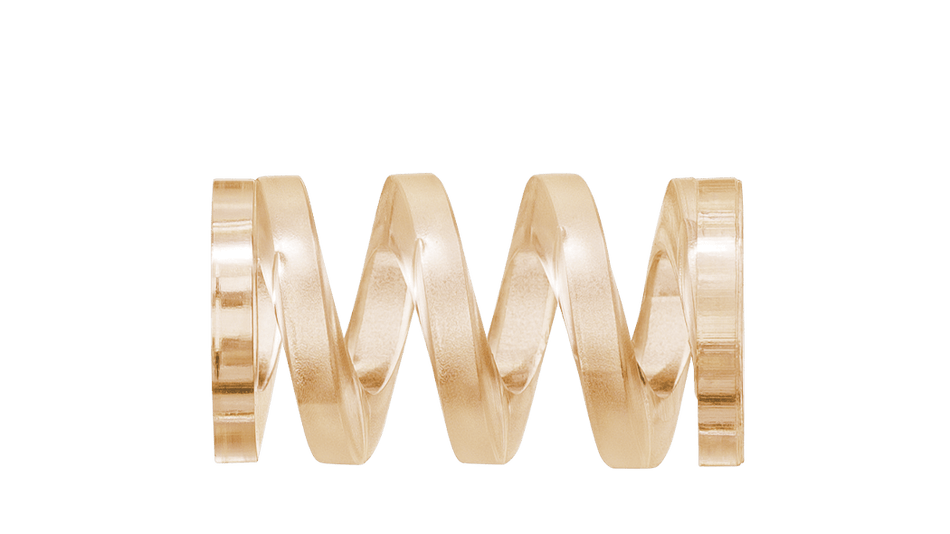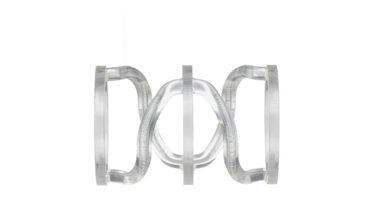10 Prodotti
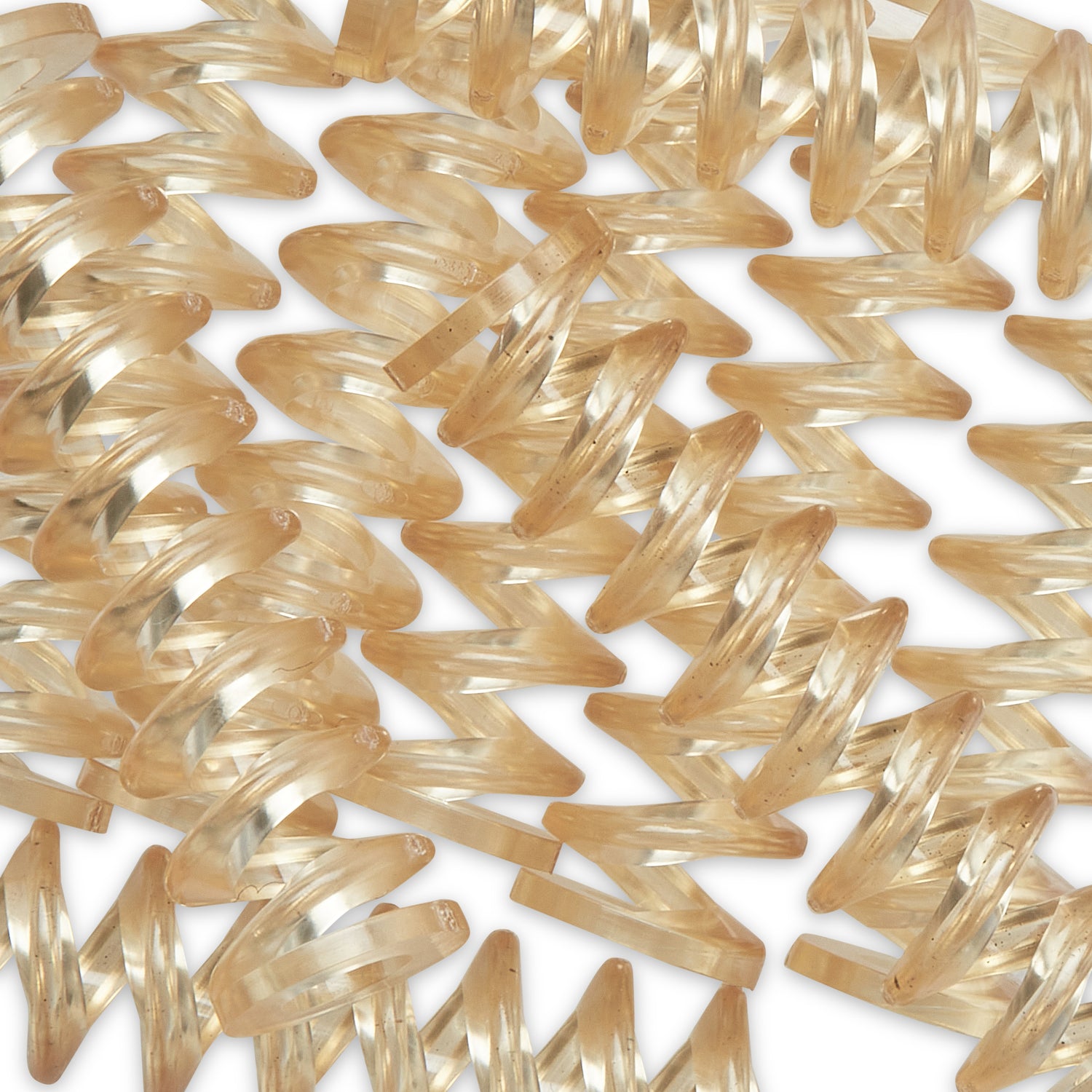
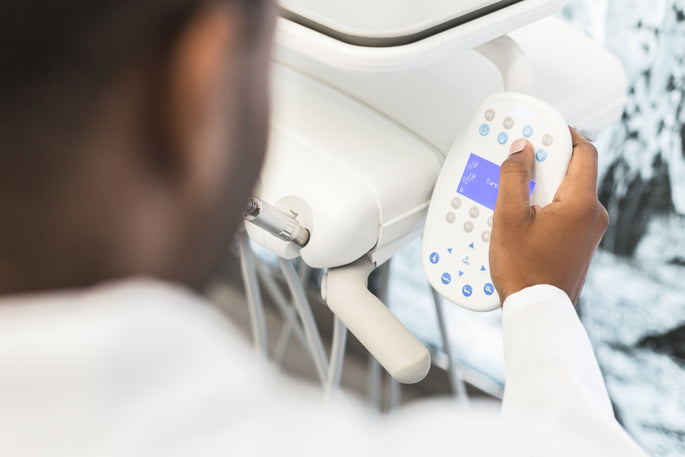
Industry applications for plastic springs
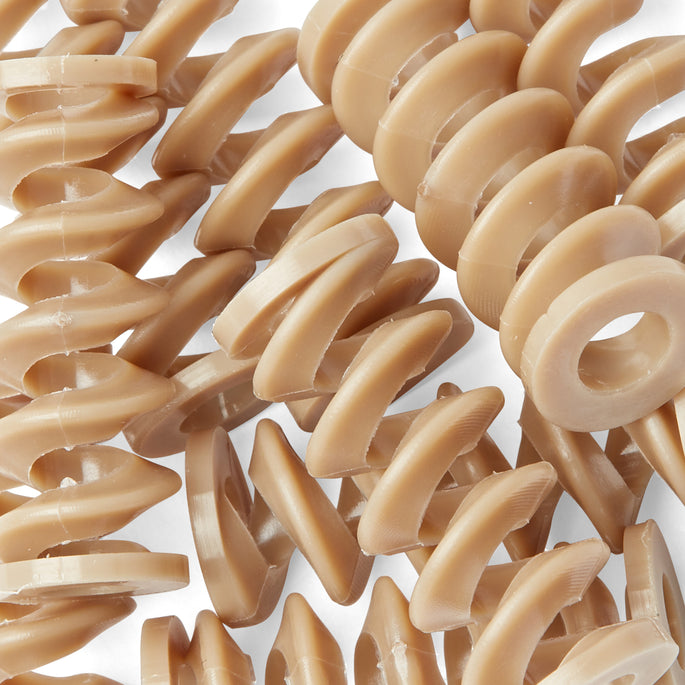
What are the benefits of using plastic for springs?
Offrono vantaggi unici che le viti metalliche non possono offrire. Sono altamente resistenti alla corrosione, il che le rende ideali per l'uso in ambienti chimici difficili dove le viti metalliche si degraderebbero. La loro leggerezza riduce il peso complessivo degli assemblaggi, un aspetto cruciale in settori come quello aerospaziale e automobilistico, dove il risparmio di peso si traduce in migliori prestazioni e risparmio di carburante. Le viti in plastica offrono anche un eccellente isolamento elettrico, evitando cortocircuiti nei dispositivi elettronici. Inoltre, hanno un elevato rapporto resistenza/peso, sono amagnetiche e possono resistere a un'ampia gamma di temperature. Queste proprietà rendono le viti in plastica essenziali per le applicazioni che richiedono durata, affidabilità e caratteristiche prestazionali specifiche che le viti in metallo non possono offrire.

